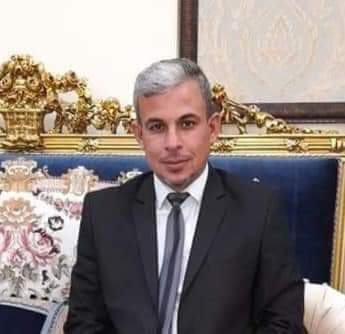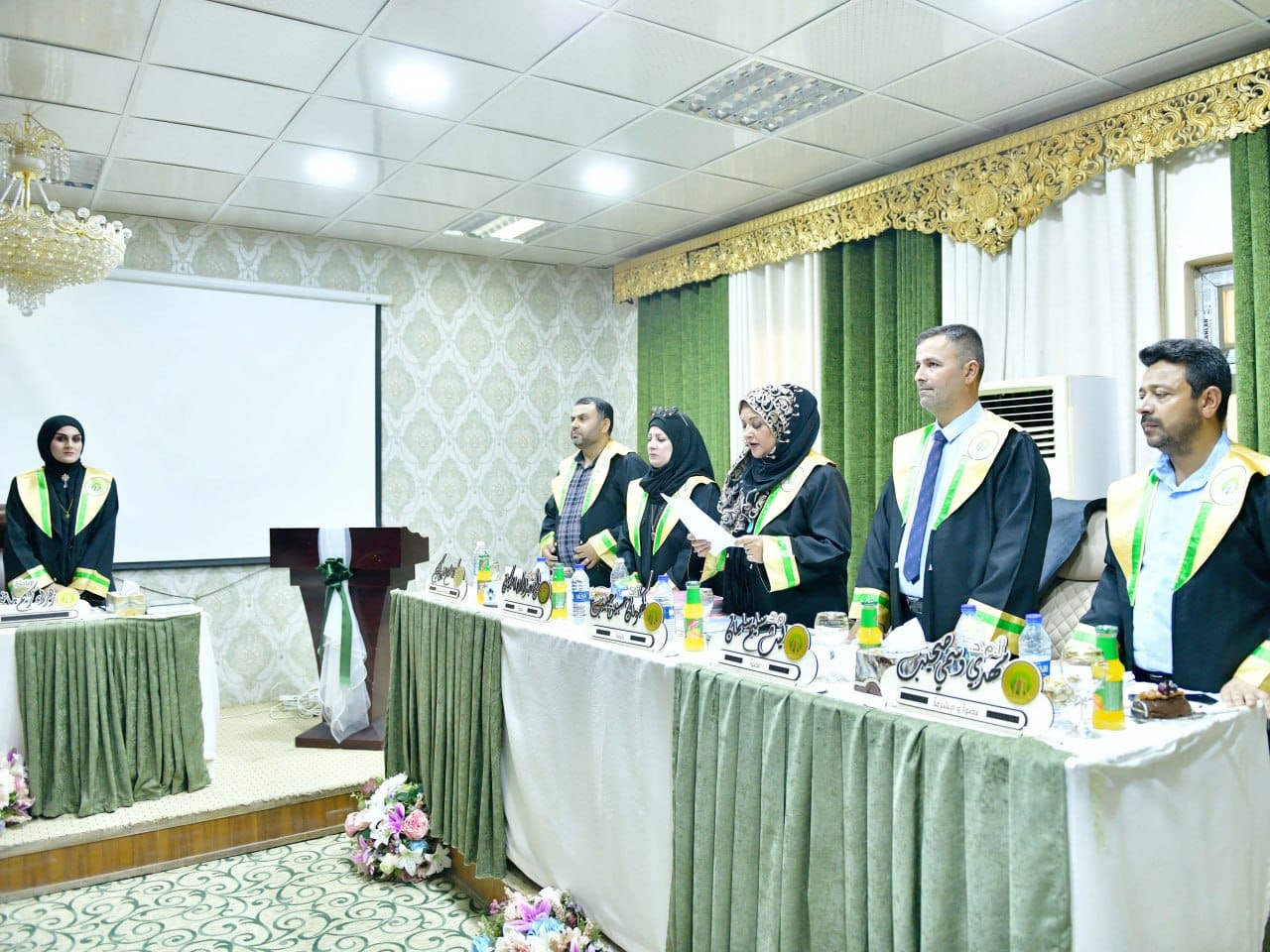Historical Overview
The idea of establishing the College of Agriculture at Wasit University began with the university’s foundation on January 13, 2003. Efforts and studies were conducted by the university’s leadership to establish the college. Determining its location was crucial, leading to delays in obtaining approval. The dedicated committees, supported by Dr. Jawad Matar Al-Mousawi, the university president, succeeded in gaining approval from the Ministry of Higher Education and Scientific Research on May 15, 2008.
The college initially comprised two scientific departments: Food and Animal Production and Soil and Irrigation Techniques. Over time, additional efforts led to the creation of two more scientific departments: Field Crops and Plant Protection.
In the academic year 2017-2018, the college further expanded by introducing postgraduate studies (Master’s degree) in Soil Science and Water Resources.
Vision, Mission, and Objectives of the College of Agriculture:
Vision:
The College of Agriculture aspires to excel in agricultural science education and applications, preparing specialized professionals capable of meeting development plans and workforce needs. It aims to be among the best agricultural colleges locally and regionally.
Mission:
The mission involves preparing outstanding agricultural professionals, conducting research, adopting modern knowledge, and utilizing and disseminating technology in advanced agricultural fields. The focus is on serving and developing agricultural projects within the community.
Objectives:
- Prepare qualified professionals in various agricultural specialties through continuous educational development.
- Provide training services to all agricultural sectors, promoting environmental awareness and agricultural culture.
- Interact with agricultural environments for research studies, offering scientific solutions to development issues.
- Utilize advancements in technologies and equip students with necessary skills for agricultural development.
- Encourage scientific research through multidisciplinary research groups, involving public and private sectors in funding and supporting research projects.
- Translate research outcomes into practical applications, collaborating closely with national, regional, and Arab research centers.
These objectives collectively contribute to the college’s vision and mission in advancing agricultural education, research, and development.
Related
Under the supervision of the college dean, Dr. Hakeem Sultan Abdul, the College of Agriculture at Wasit University was established in 2008. It initially included two scientific departments: Animal Production and Soil Science & Water Resources. Over the years, efforts led to the addition of Crop Field Department and Plant Protection Department. In the academic year 2017-2018, postgraduate studies in Soil Science & Water Resources were introduced, and evening classes for Crop Field Department started in 2020-2021.
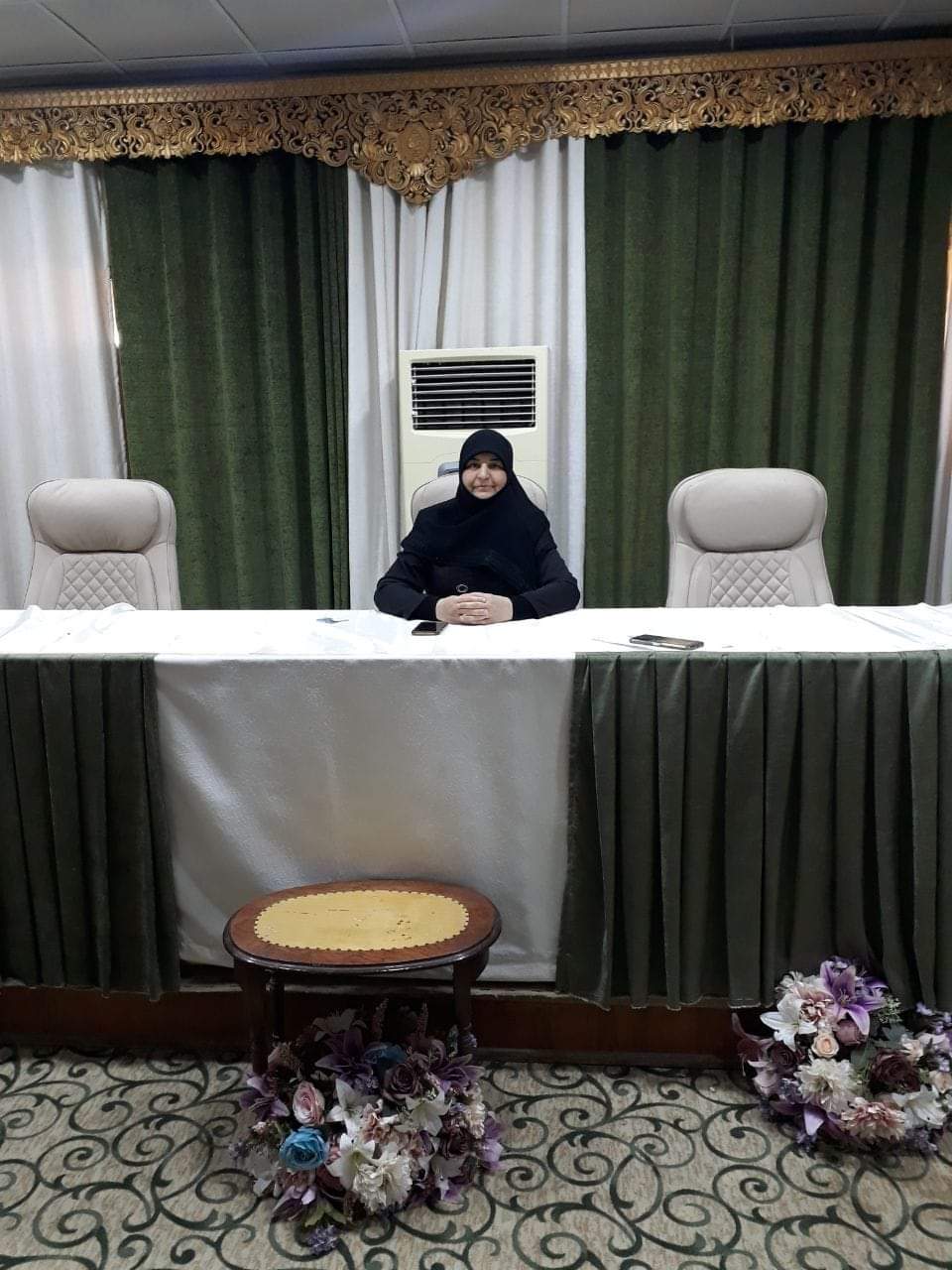
The College of Agriculture at the University of Wasit organized a cultural seminar titled “Woman, the Beacon of Life: When She Learns, She Illuminates.” The seminar, presented by M.Sc. Huda Mohammed Abdul, aimed to highlight the role of educated women in building an enlightened and effective generation. The discussion covered the significance of education for women, emphasizing their pivotal role in shaping the foundation of contemporary society as mothers, sisters, and wives, illuminating the darkness of life with their essential contributions.
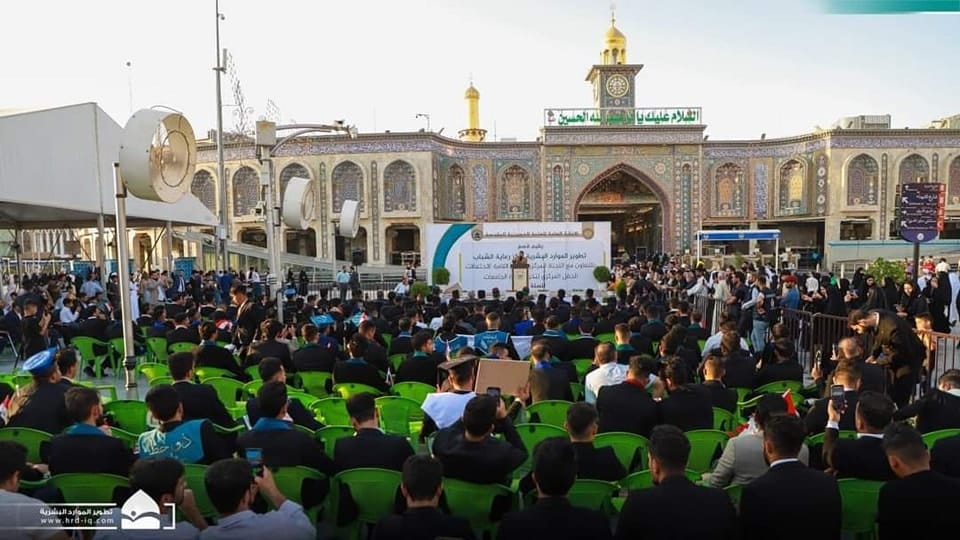
Students from the College of Agriculture at the University of Wasit participated in the central graduation ceremony organized by the Holy Shrine in Karbala. The event began with the recitation of verses from the Holy Quran, including the Fatiha for the souls of the martyrs. There were speeches from the Holy Shrine, poetic contributions, and a performance by the Holy Shrine’s chanting group.
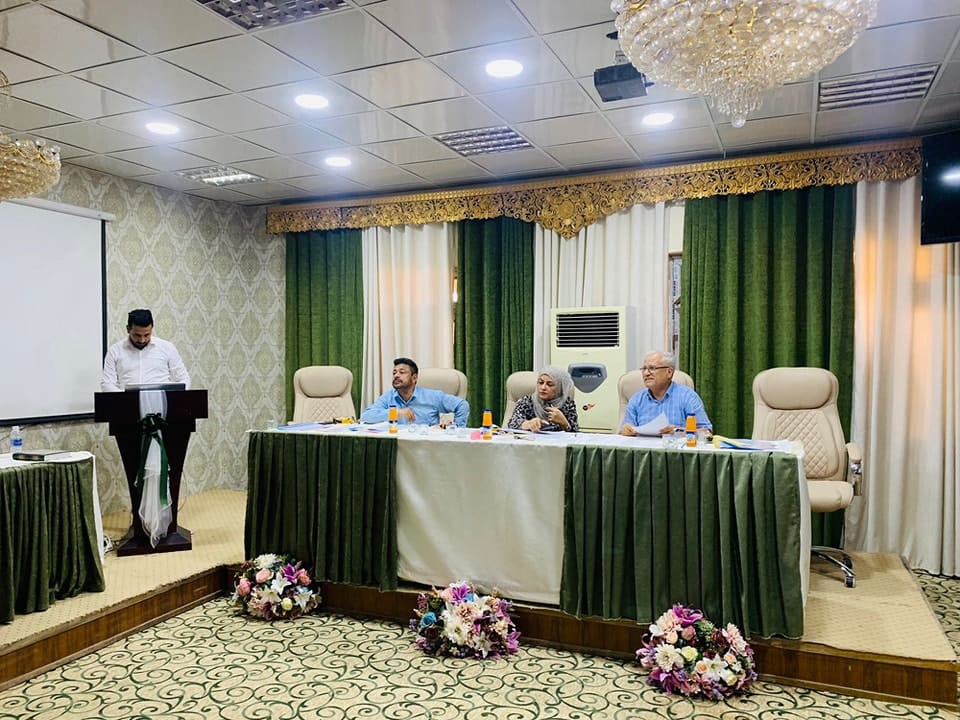
The College of Agriculture at the University of Wasit discussed research project plans for master’s students in the Department of Soil Science and Water Resources. A scientific committee was formed to evaluate the proposed projects, aiming to incorporate modern methodologies, ensuring scientific objectivity. After thorough discussion and feedback from the scientific committee, the projects were approved, making them applicable and valuable additions to the field of soil science.
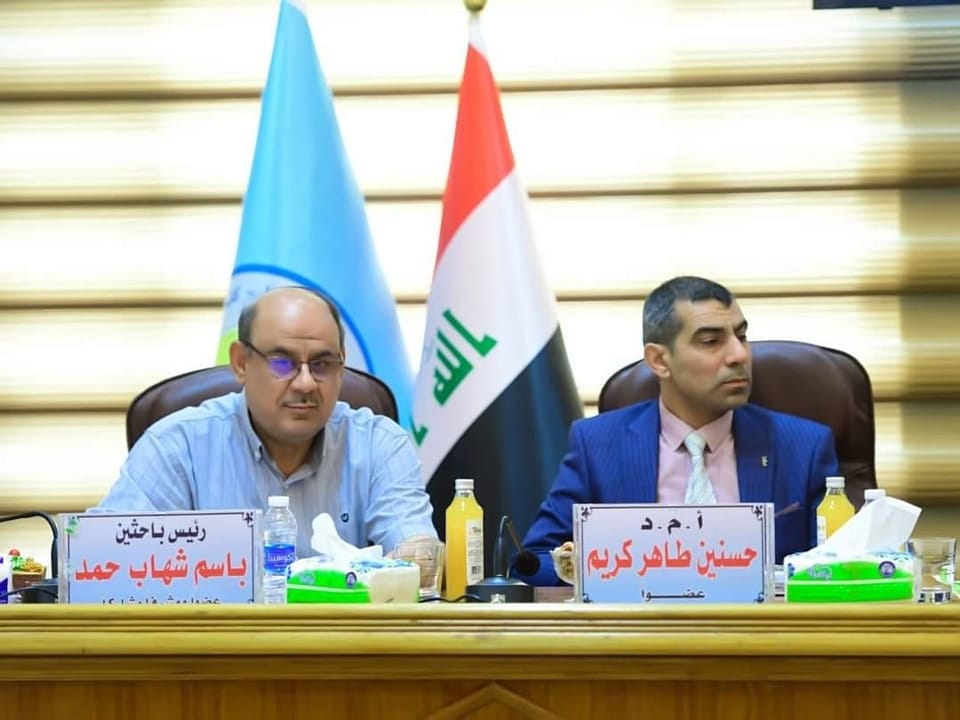
Assistant Professor Hassanein Taher Karim from the Department of Plant Protection at the College of Agricultural Engineering Sciences, University of Wasit, participated in the examination committee for the doctoral thesis of Hamza Abbas Yasser Sultan from the University of Wasit / College of Science. The thesis focused on the compatibility between entomopathogenic nematodes (Steinernema sp) and the fungus (Beauveria bassiana) in controlling the peach fruit fly (Bactrocera zonata). The discussion enriched the scientific knowledge with valuable and insightful information. The thesis recommended the use of biopesticides instead of chemical ones, as they demonstrated excellent and sustainable results in environmental insect control. Best wishes to Assistant Professor Hassanein Taher Karem for continuous progress and success.
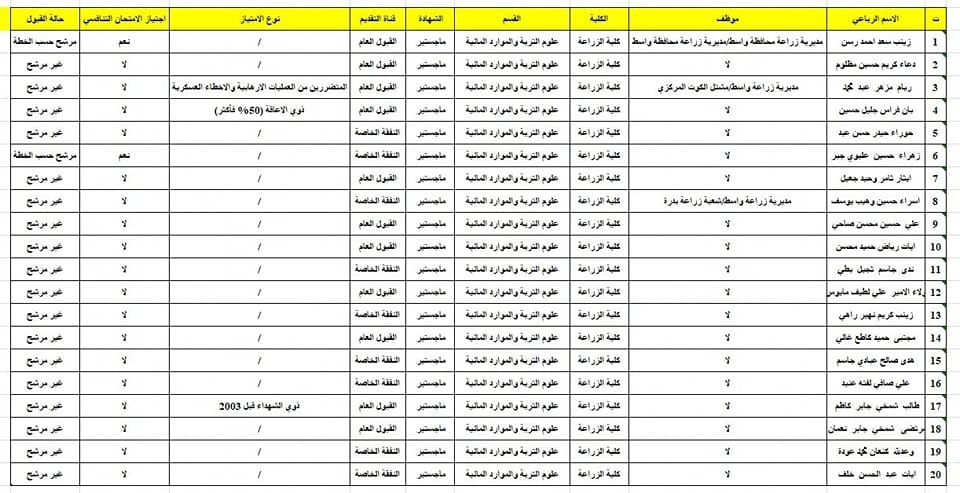
Results of the Master’s admissions for the academic year 2023-2024 in the College of Agriculture at the University of Wasit have been announced. The admissions cover the Department of Soil Science and Water Resources for both the general and private expense channels, as well as those participating in the competitive exam. Wishing all applicants the best of luck!
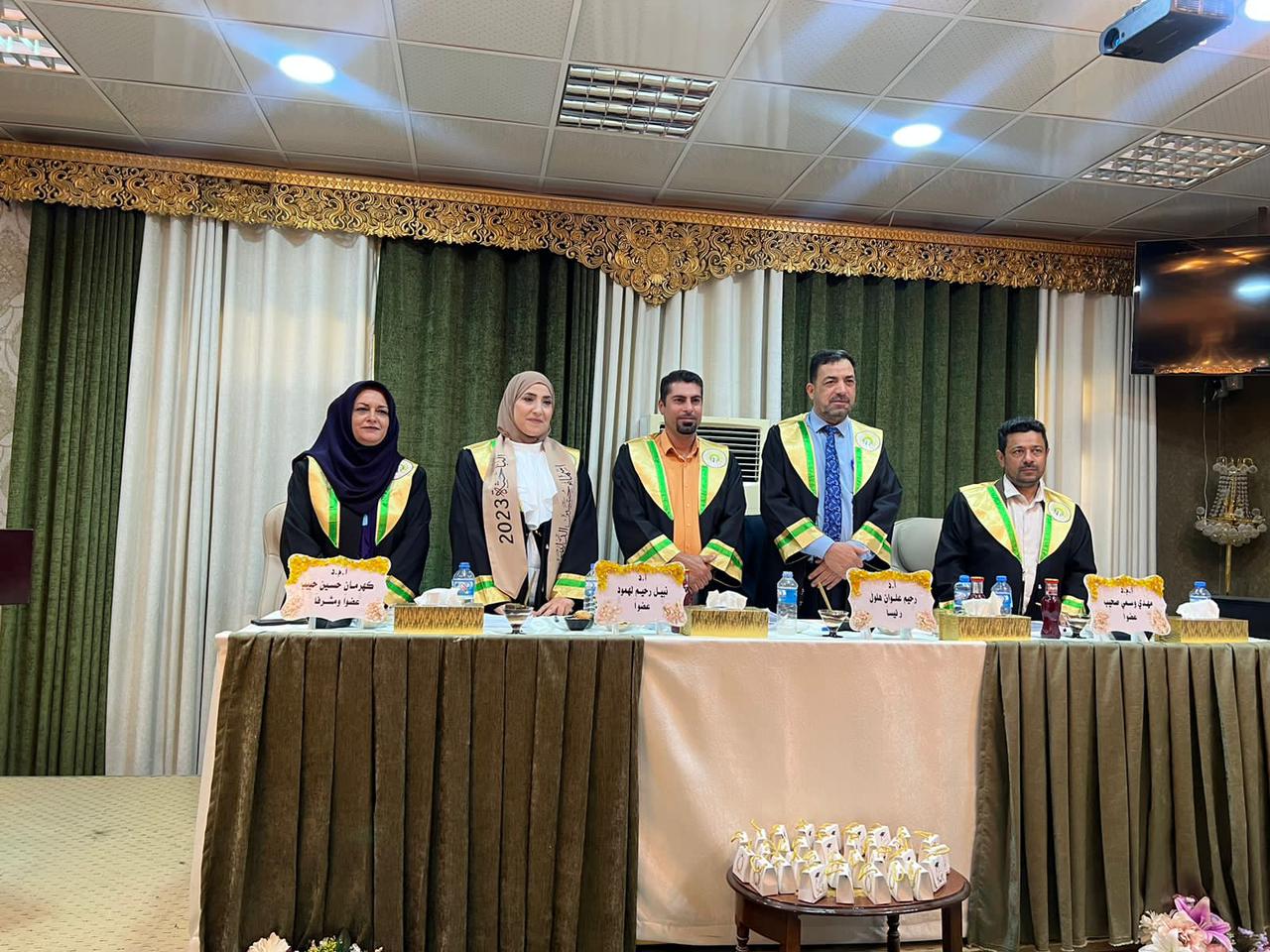
A master’s thesis defense was conducted on September 12, 2023, at the College of Agriculture. The thesis, titled “Effect of Levels and Timing of Agricultural Sulfur Addition on Some Chemical Soil Properties and Growth and Yield of Maize (Zea mays L.) Variety,” was presented by the student Asmaa Hussain Alawi. The examining committee comprised:
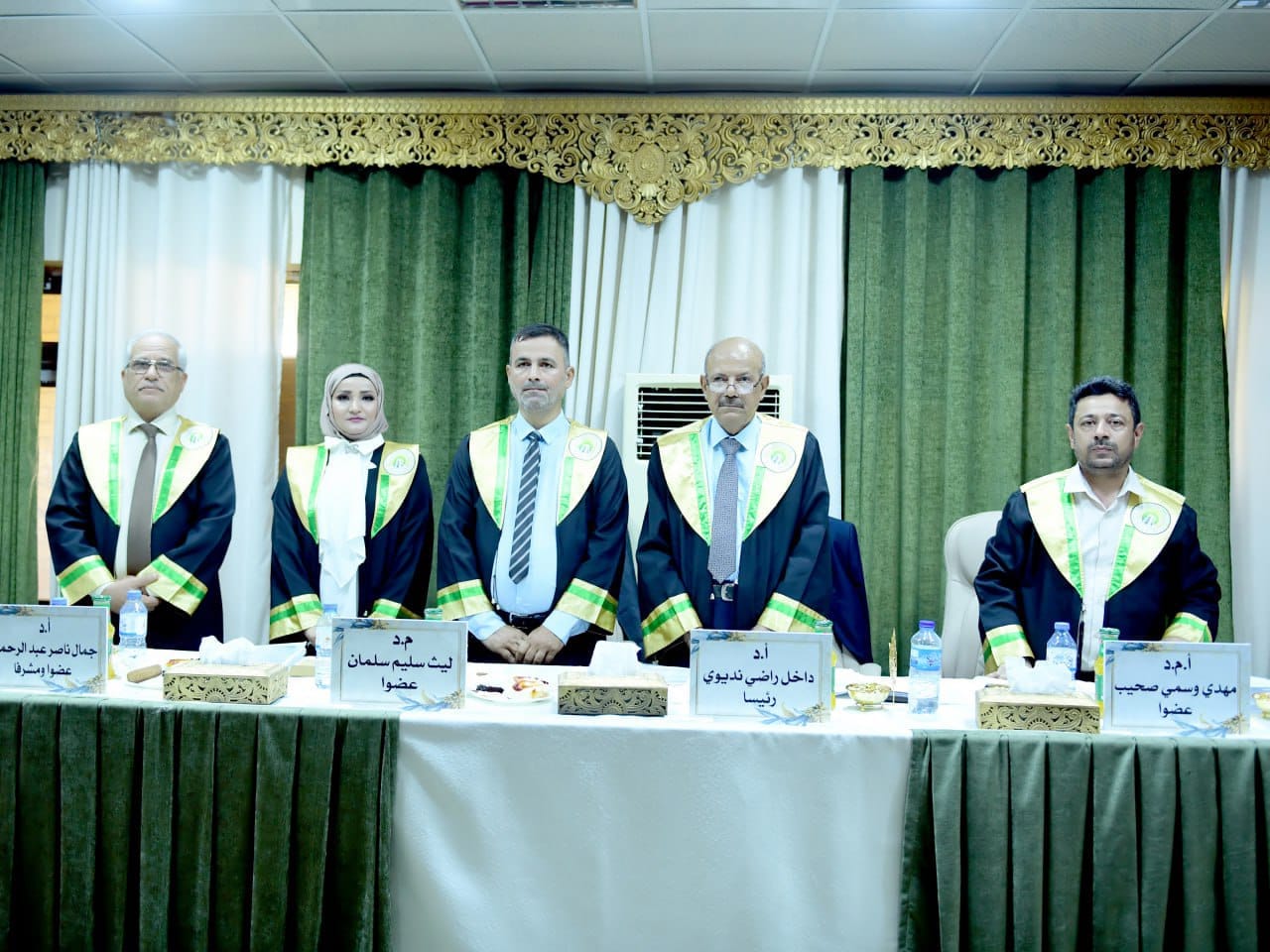
A master’s thesis defense was conducted on September 10, 2023, at the College of Agriculture. The thesis, titled “Physicochemical Assessment of Sediment Water in the Tigris River Channel and Its Impact on the Hydraulic Standards of the River Section Downstream of Al-Kut Dam,” was presented by the student Hussam Mohammed Ta’ma. The examining committee comprised:
